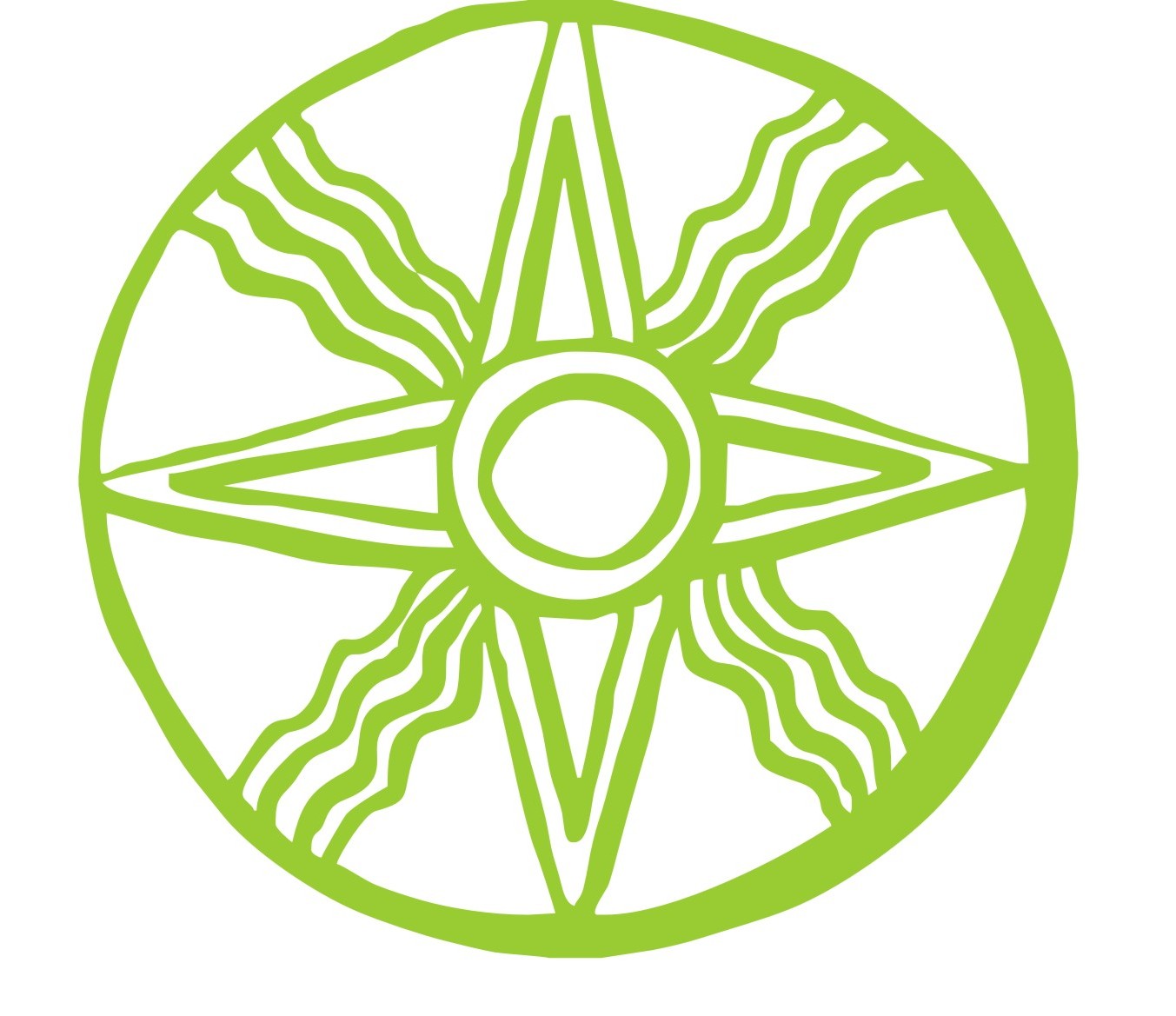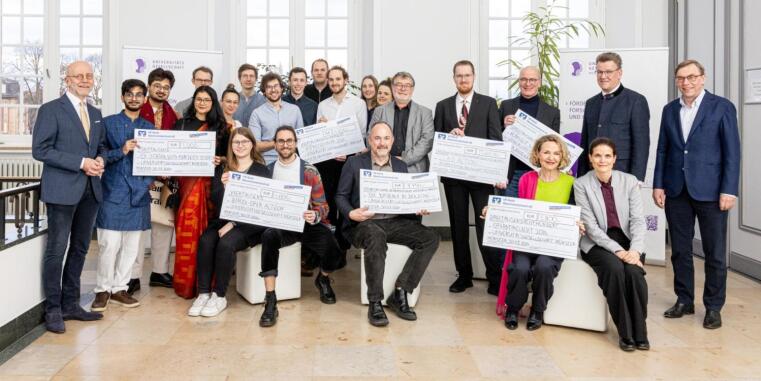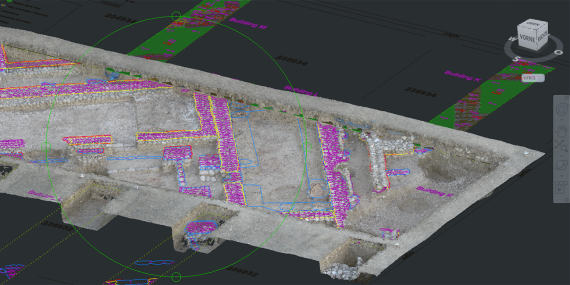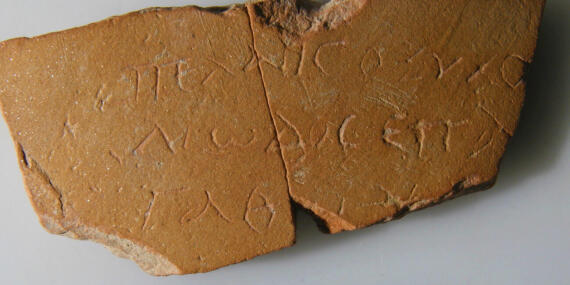Digital Humanities & Virtual Reality am GKM
In several GKM research projects, digital humanities methods are used to open up digitised data sources enriched with metadata and evaluate them using queries, as well as to make this data available for later research from a different perspective.
Many members of the GKM are networked in the Centre for Digital Humanities (CDH), an interest group of digital researchers at the University of Münster.
In the Digital Humanities working group (AK DH) at the University of Münster, several working groups are led by members of the GKM: WG 3D (Janoscha Kreppner), WG Data Modelling (Natalie Kraneiß), WG TEI (Clemens Leonhard), WG Text Recognition (Ludger Hiepel), WG Science Communication DH (Nikola Moustakis).
The Archaeological Museum is home to a 3D laboratory that supports the three-dimensional virtual preservation of cultural artefacts.






